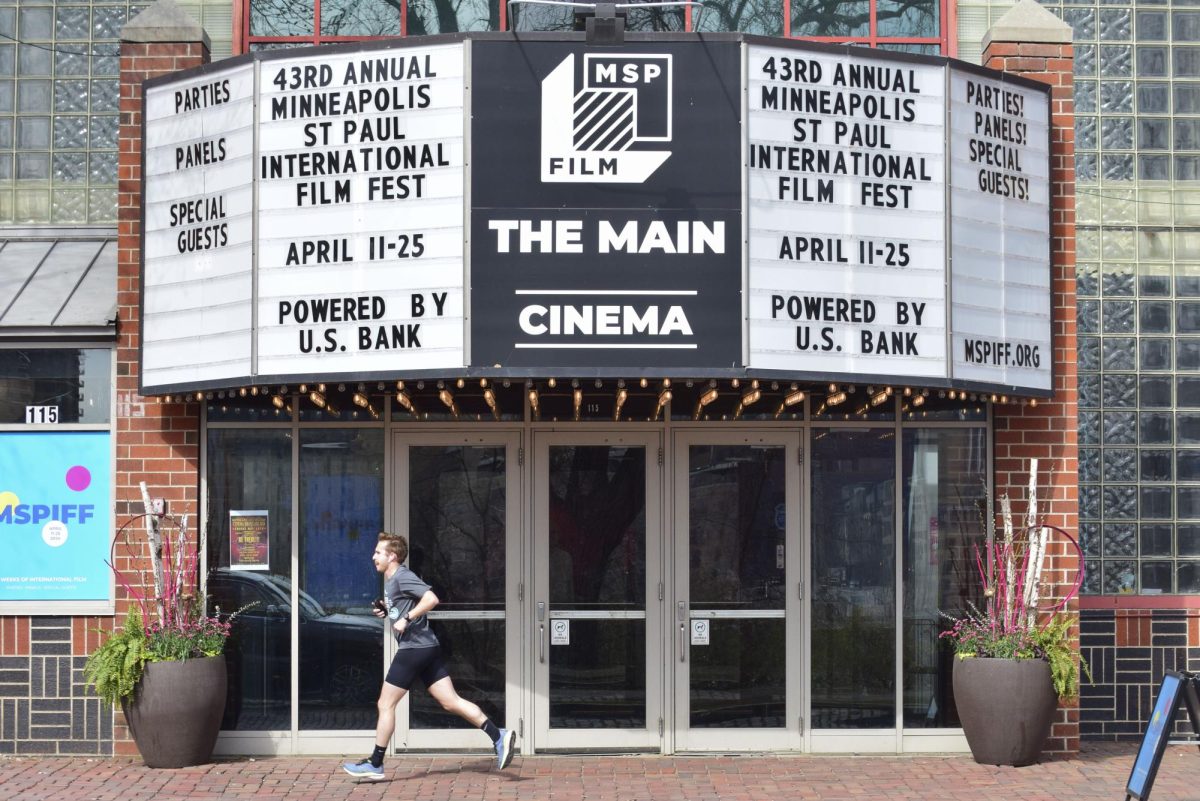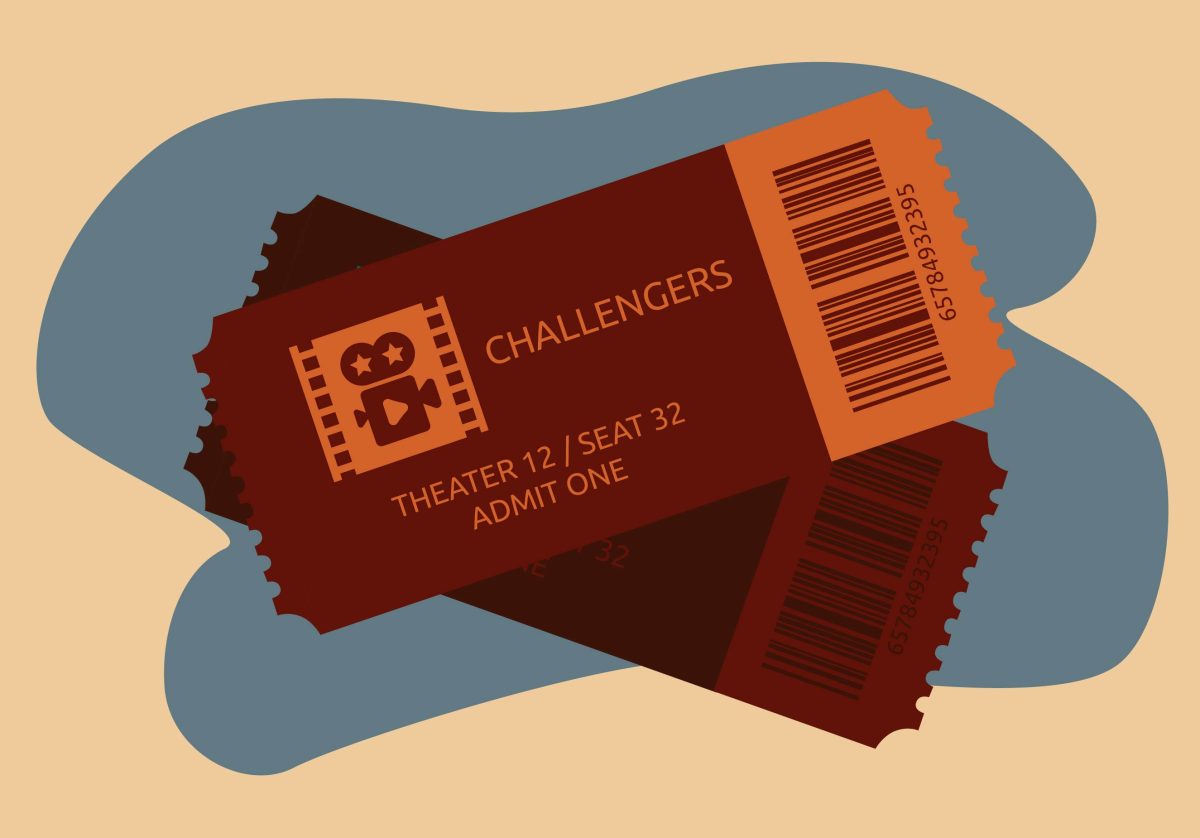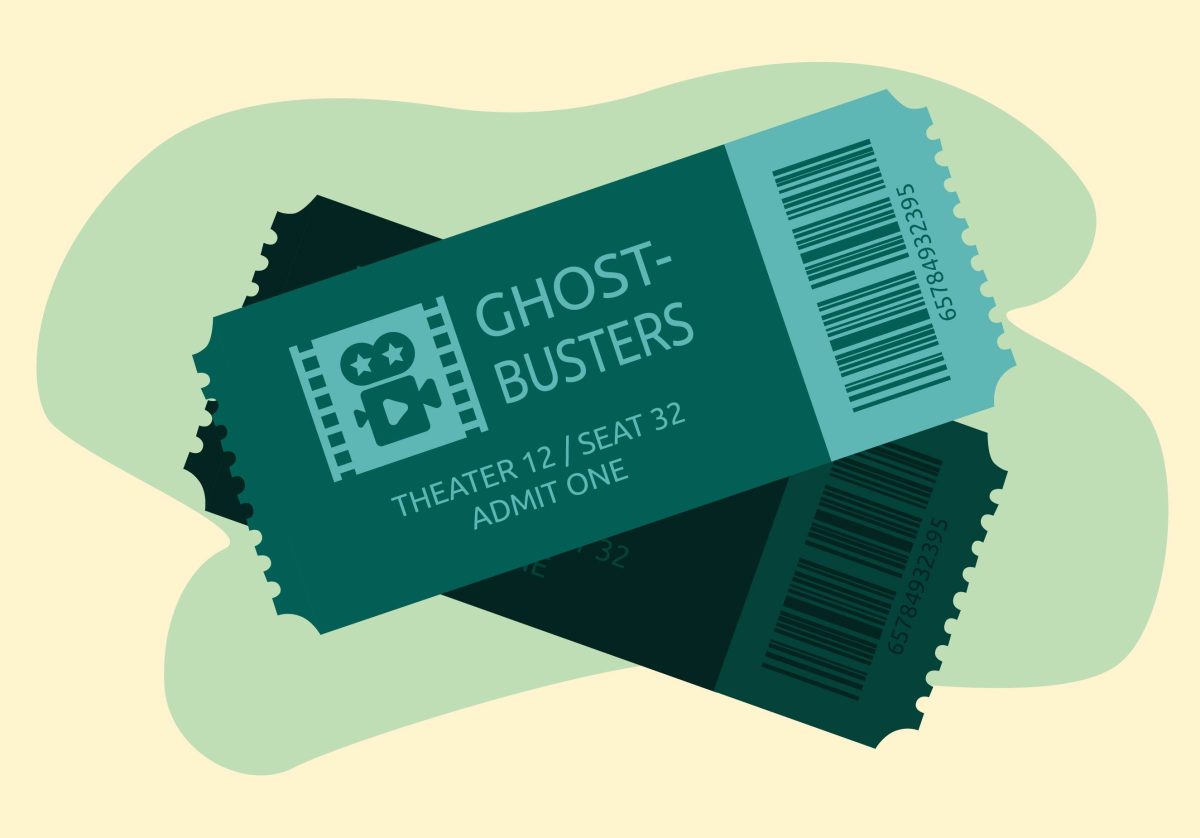Much like movies themselves, our lives are divided into different acts, featuring an ever-changing array of dramas and players.
Jim Jarmusch’s “Broken Flowers” is a film preoccupied with the chasm that exists between these acts, between the past, present and future, and how we struggle to understand who we are by who we were. Using this basic premise, the film manages to achieve balance by exploring both serious and lighter issues. At the same time, it exposes the quirky, unforgettable personalities that make life an absurd – and beautiful – journey.
It all starts with a letter, written in red ink on pink paper. In its brief message, Don (Bill Murray) is told he is the father of a child, born after his relationship with the author had ended. Unsigned, Don is not sure who wrote the message, but he does know that the child is now nearly 20 years old and has left home on a road trip.
The unnamed sender thinks this young man might be searching for his father and warns Don that he might come strolling by his door any day now.
This comes as a shock to Don’s system and lifestyle. In some ways, he is the consummate bachelor, with a younger girlfriend and no serious commitments – not even work, thanks to a lucrative career in computers. But in others, he’s clearly not the partying type. He is perfectly friendly to his good friend and neighbor Winston (Jeffrey Wright) and his family, but he is also quiet and removed. Don never really reveals anything about himself and often sits home alone, listening to music and contemplating things he never shares with the rest of the world.
After hearing about the letter and considering the adventure he might have as an amateur detective, Winston sets out to solve the mystery of Don’s lover and offspring. He has Don draft a list of girlfriends from 20 years back, makes car and hotel reservations, and then prints out driving directions to five different women and five different locations. Winston wants Don to visit and reconnect with them. Bring them pink flowers, he says, and let them know “you’re just checking in.”
The result is a road trip that is interesting, funny and heartbreaking – a mix of reactions, encounters and emotions that could likely double as an overview of anyone’s complete relationship history. We all have those people who we left on good terms, bad terms and without resolution; during the course of five days, Don reunites with five of those people from his life and immerses himself in the past.
Murray, continuing the astonishing second act of his career, once again returns to the more serious and substantive side of things – the Bill Murray of “Groundhog Day” and “Lost in Translation.” As Don, he is open, friendly and polite, all the while hiding a reservoir of sadness.
Murray plays him as a man who seems to have no purpose for existing, someone who wants to make a genuine effort, but no longer has the heart or energy such an endeavor requires. His friendship with Winston is an unspoken kinship of understanding. It’s seemingly the one thing that keeps Don going.
“Broken Flowers” is a rarity among road-trip films in that it’s more about the destination than the journey, about six meaningful, tangible reunions waiting for Don at the end of various runways and highways. And Jarmusch exaggerates the film’s sense of anticipation, using fades instead of cuts to more accurately convey both the passage of time and Don’s anxious waiting game.
The film’s final sequence, reminiscent of the last moments in “Lost in Translation,” is a powerful testament to mortality. Much as the unspoken words of “Translation” made it clear that the present could never continue into the future, “Broken Flowers'” makes it clear that the past of our memories can never make its way into the present.
The acts of our lives are divided by an ocean of time. Though we try desperately to build bridges between them, these rickety connections usually end up washed away with the tide.
















